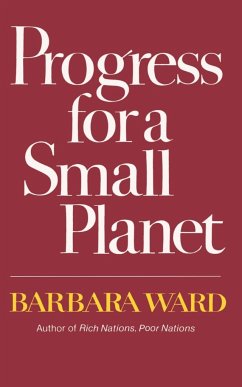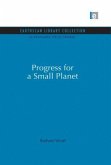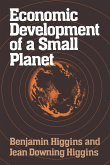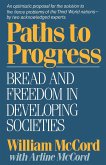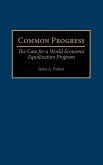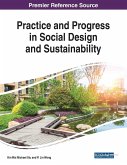Three topics dominate discussions of the global environment: pollution; the consequences of the affluent running ever faster through finite resources; and the growing tensions between rich and poor. Barbara Ward refused to see these processes as inevitable. Here, she describes new technologies for recycling waste, for energy, for 'getting more or less', linking them to ordinary people's working lives. She suggests a strategy for meeting the basic needs of the disadvantaged, and shows how the vast inequalities between countries can be reduced.
Hinweis: Dieser Artikel kann nur an eine deutsche Lieferadresse ausgeliefert werden.
Hinweis: Dieser Artikel kann nur an eine deutsche Lieferadresse ausgeliefert werden.

